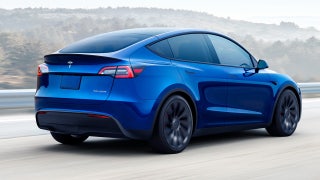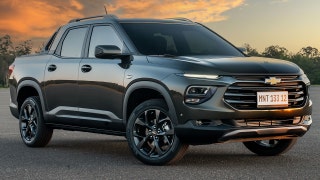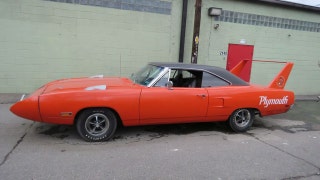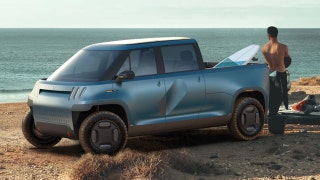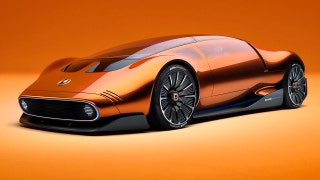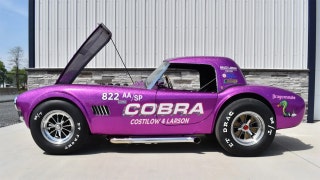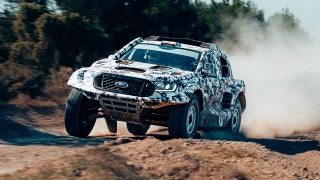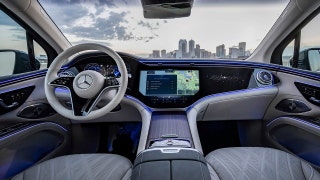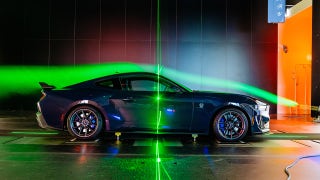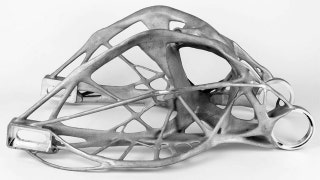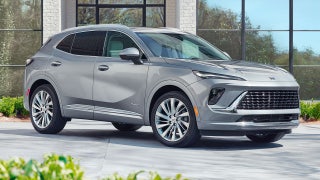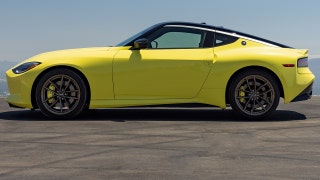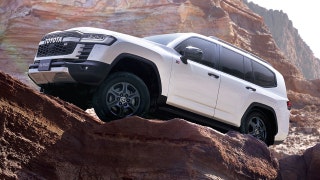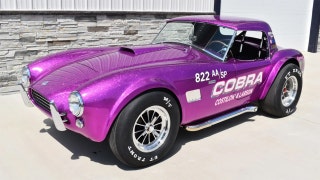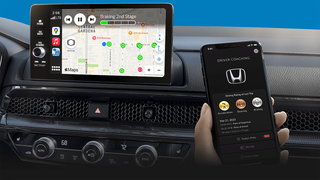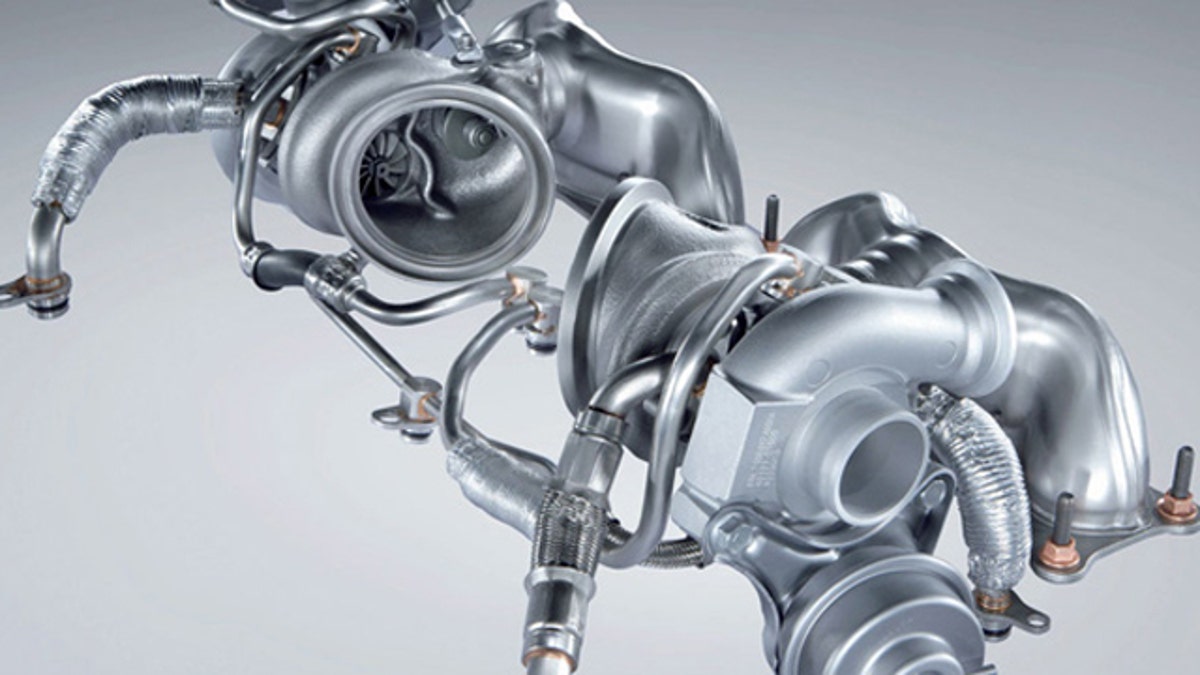
BMW’s twin-turbocharger from the N54 3.0L straight-six (BMW)
To improve fuel efficiency, engines are gradually shedding accessory drives. Electric power steering is now commonplace, and electric air conditioning compressors are used on hybrid cars to keep them cool while the engine's off.
Now, BMW has taken a new tack to electrifying ancillary equipment: It's created a twin turbocharger setup in which one half, the compressor that operates at lower engine speeds, is run electrically rather than mechanically.
From idle to acceleration
The news came to light in a patent application that was covered on the F30Post forum, which said it might be used in a potential future "tri-turbo" BMW model.
The patent filing highlighted the design's superior engine response--especially during the transition from engine idle to full acceleration, in part because no mechanical "waste gate" valve needs to open and close to allow exhaust gases into the turbine that powers a turbocharger.
Instead, the compressor is powered by a simple electric motor. In fact, you could make the argument that the "electric turbo" is really more of an electric supercharger, since a turbocharger contains a turbine (hence its name) powered by hot exhaust gases--and the BMW invention doesn't.
Boost vs responsiveness
Traditional single-stage turbochargers always traded off boost and responsiveness, leading to the dreaded "turbo lag" phenomenon.
Early turbocharged engines might take a second or more to spool up the speed of their turbos before they gathered enough momentum to pack more air into the combustion process, allowing more gasoline to be mixed with the greater volume of air and thus increasing power.
The smaller the turbo, the quicker it could respond--but the less power it could generate once up to speed.
The solution to this was twin turbocharging, with a lower-volume, more responsive turbo for lower engine speeds, and a higher-volume, more powerful turbo that would take over as engine speed increased.
Low-volume boost ASAP
But turbos still inherently contain some lag. So BMW proposes to power the smaller compressor electrically, with an electric motor that may already be running at some speed and can be quickly accelerated while it's clutched to the compressor drive.
But this isn't the only approach to the problem. Volkswagen built for several years a "Twincharger" 1.4-liter TFSI engine that used a small supercharger for boost at lower engine speeds.
BMW's proposal might be viewed simply as an adaptation of that idea, replacing the mechanically-driven supercharger with an electrically-driven one.
All of this innovation is driven, of course, by automakers' need to meet corporate average fuel economy standards that will increase to 54.5 mpg by 2025.
